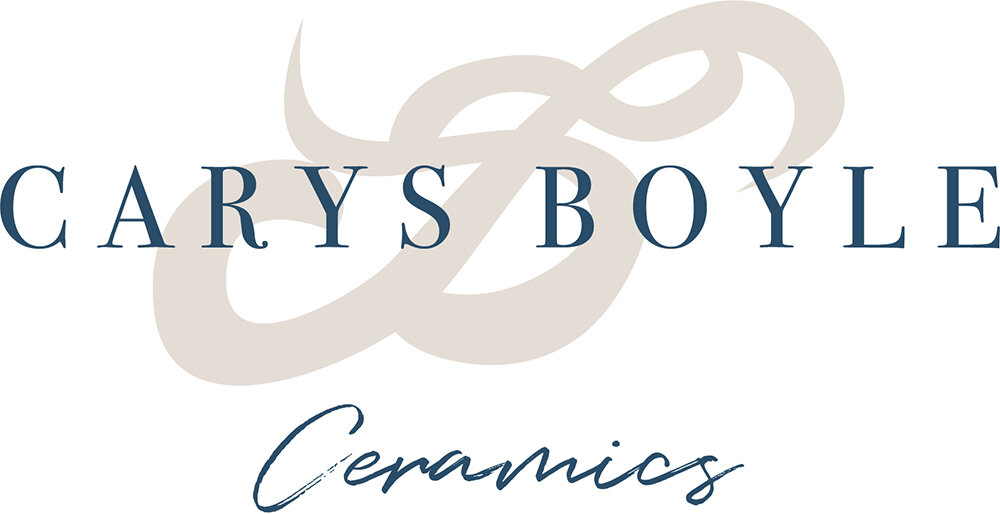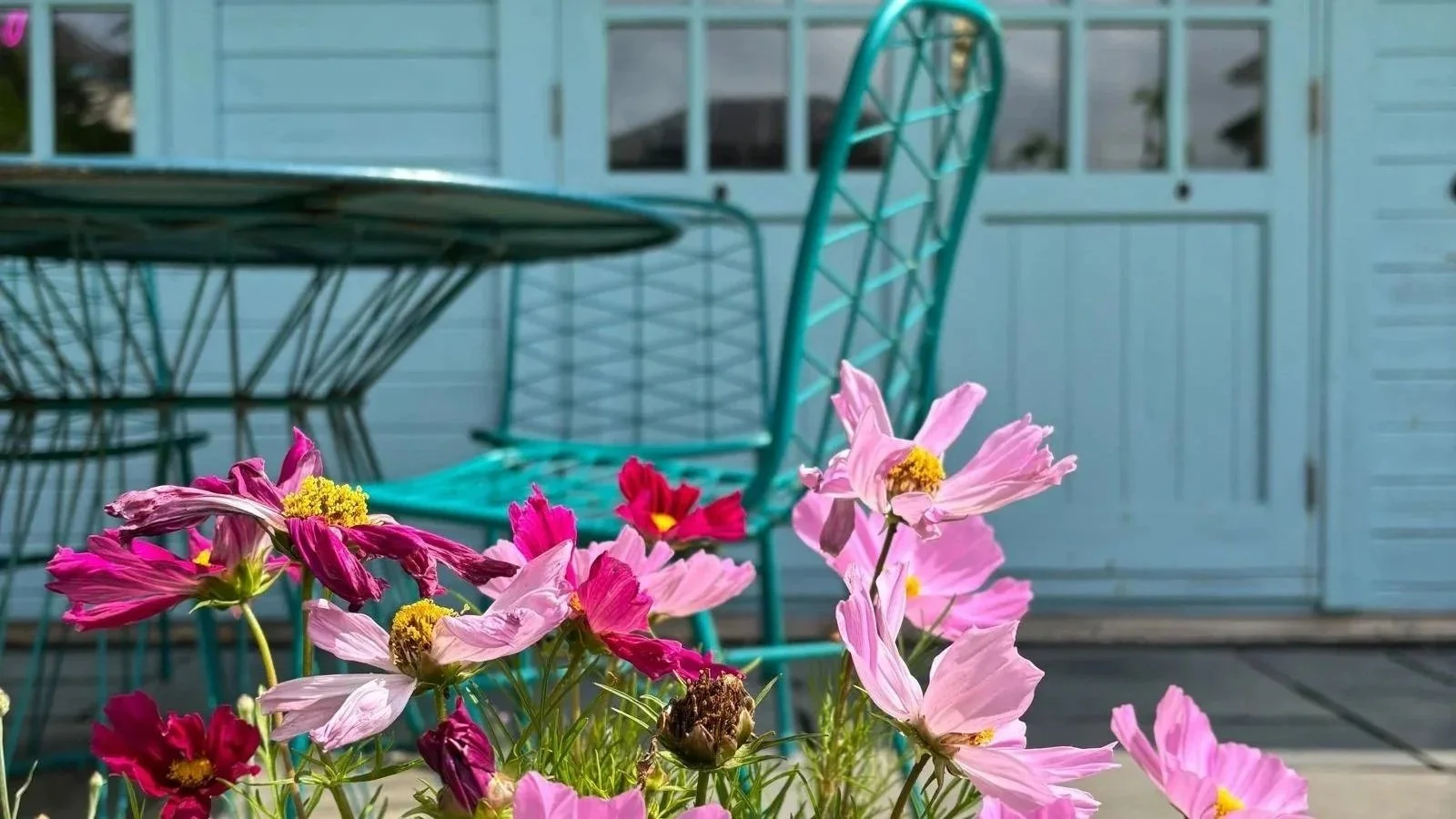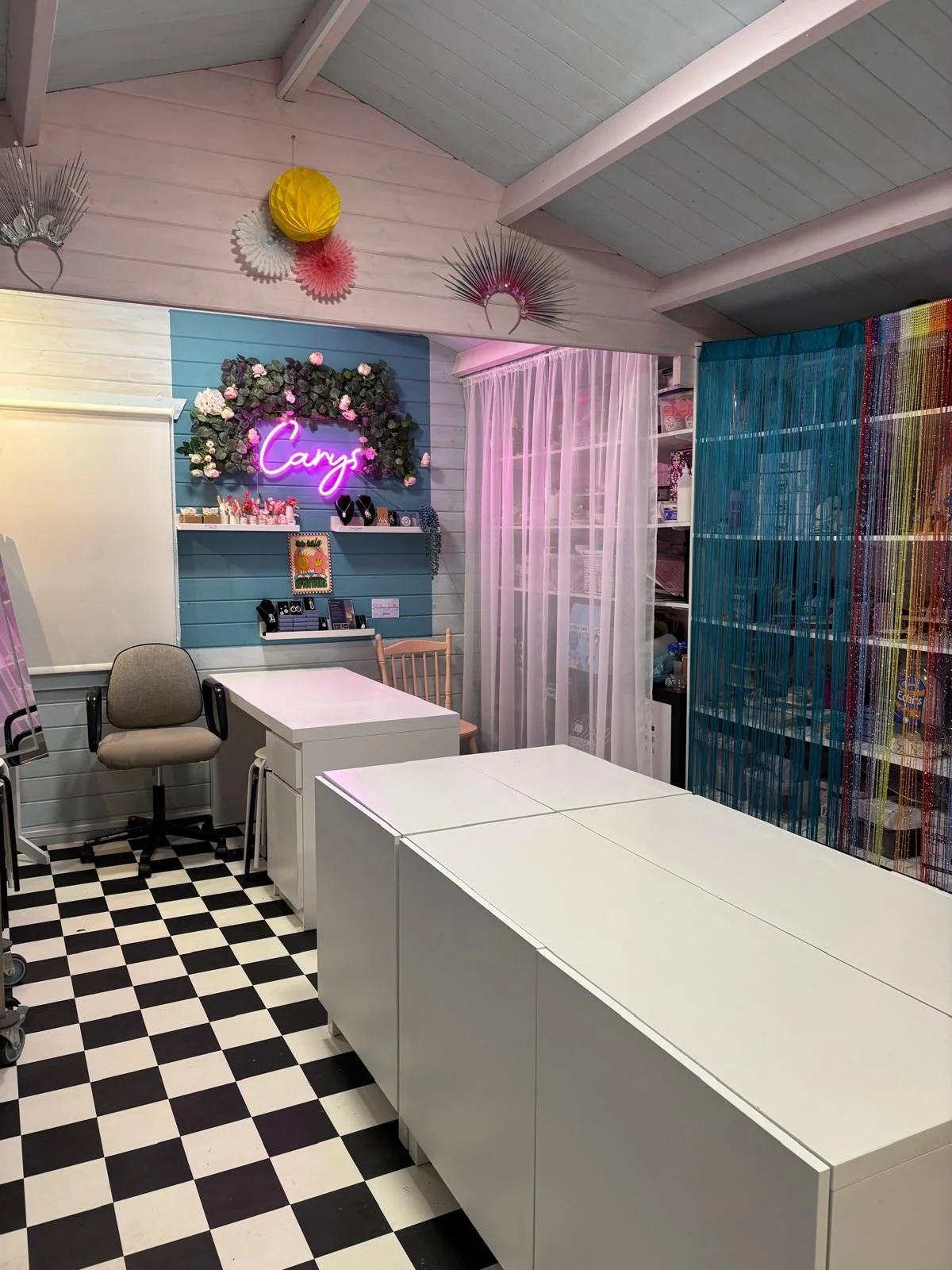Creating A Sensory-Friendly Art Space in Aberystwyth
My sensory-friendly pottery studio in Aberystwyth, brightened with soft pink flowers and gentle light.
In the United Kingdom, it has been estimated that approximately 15% of the population is neurodiverse. The realisation of falling under the umbrella of neurodivergence myself became apparent in my thirties after a diagnosis of dyslexia, which explained my repeated experiences of difficulty focusing in a neurotypical setting, whether that be a workspace or within the academic sphere.
With each passing year, I learned how to channel my thought process as a challenge and felt a stronger urge to create a serene, yet creative space in West Wales for myself and my customers.
Why Inclusive Art Spaces Matter
Art college is where I truly began to grow, recognising that my alternative thought processes contributed to my creative potential. I found that embracing the company of a creative community and building an innovative and unique space could connect neurodivergent minds with wellbeing, releasing a build-up of tension, and allowing one to thrive in an inclusive art space.
The key principles of a sensory-friendlyworkspace
Pottery is therapeutic, but many don't question the importance of the environment and how vital a tranquil space can be for the neurodivergent community. Careful considerations were made when building my Aberystwyth studio:
Lighting
The aim was to reduce harsh glare and eye strain, opting for colourful neons and warm-toned lighting, which outlines a neurodivergent affirming studio.
Open plan
Creating a spacious environment aided in avoiding sensory overstimulation and enabling a more therapeutic pottery experience.
Sensory-friendly considerations
As mentioned, the West Walian pottery studio was built as an open plan space to avoid overstimulation for individuals on the Autistic and ADHD spectrum.
Calming colour palettes
Providing an environment with muted, but not neutral colours, to repose all minds. Employing blue hues within a place of self-expression shapes a balanced environment and helps to minimise overwhelming emotions. Providing an environment with muted, but not neutral colours, benefiting all minds.
Textures
Curating my shelves with colourful gauze drapery helps to reduce visual clutter, creating a space with soft, yet expressive textures that support and engage all types of minds. And no doubt, clay in the classroom offers a therapeutic, tactile experience.
Acoustics
Wood was the primary material used in building the studio, providing enhancement of vocal instruction and dampening unwanted vibrations.
A New Era of Accessibility
Facilitating pottery workshops that take sensory needs into account, and inspiring kiln-fired art and general creativity to be accessible to all, in the hope that there will be a push in pioneering similar creative hubs in Ceredigion, with a focus on being neurodivergent-friendly.
Whether you're from Aberystwyth or the surrounding area, tap into your creativity and get hands-on in a welcoming space where anyone can relax and unwind.
If you or someone you know has additional needs or feels hesitant about visiting the studio, here are some alternative ways to connect and participate with a Take-Away PYOP Kit or Mobile Workshops for Larger Groups.


